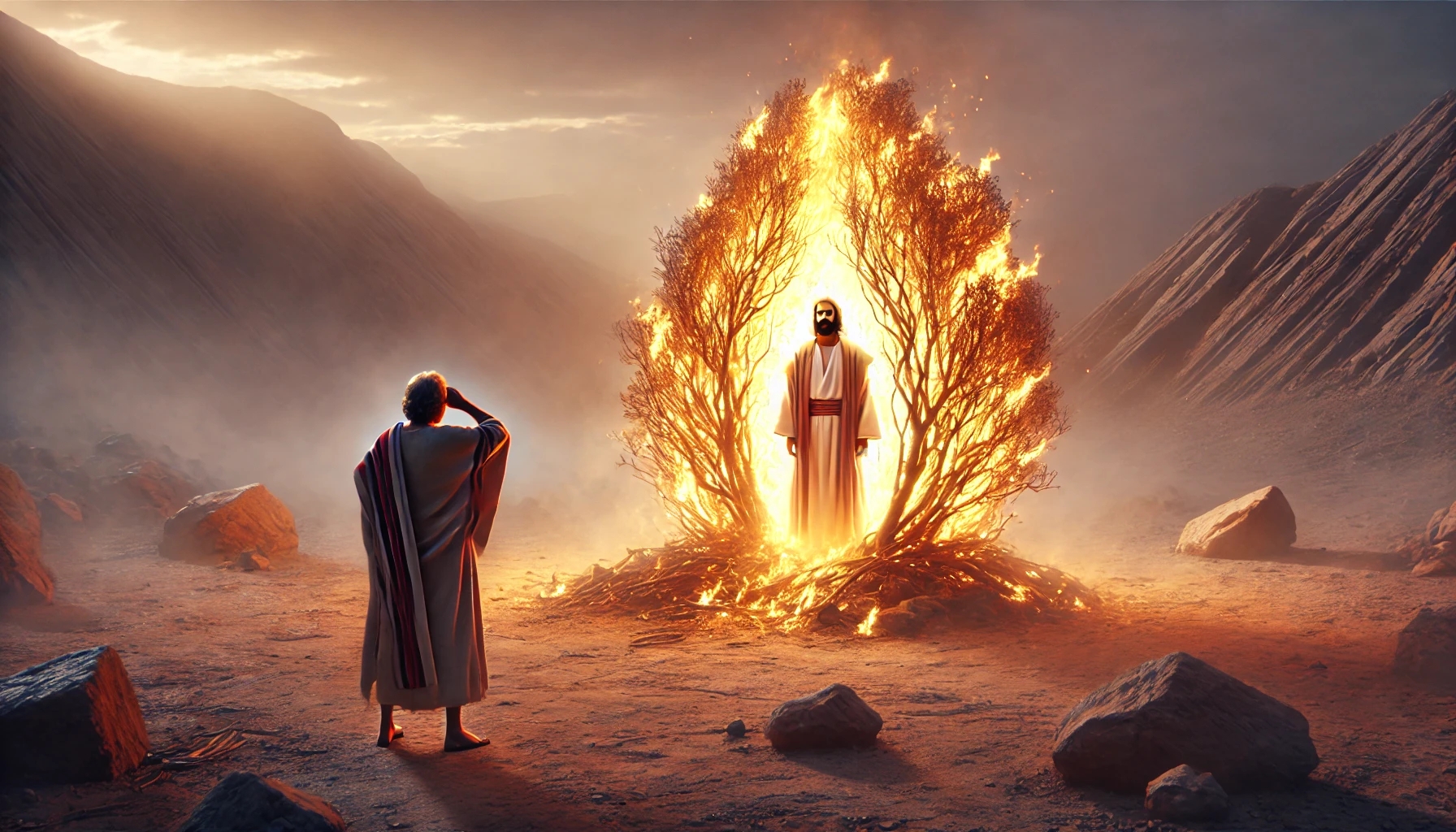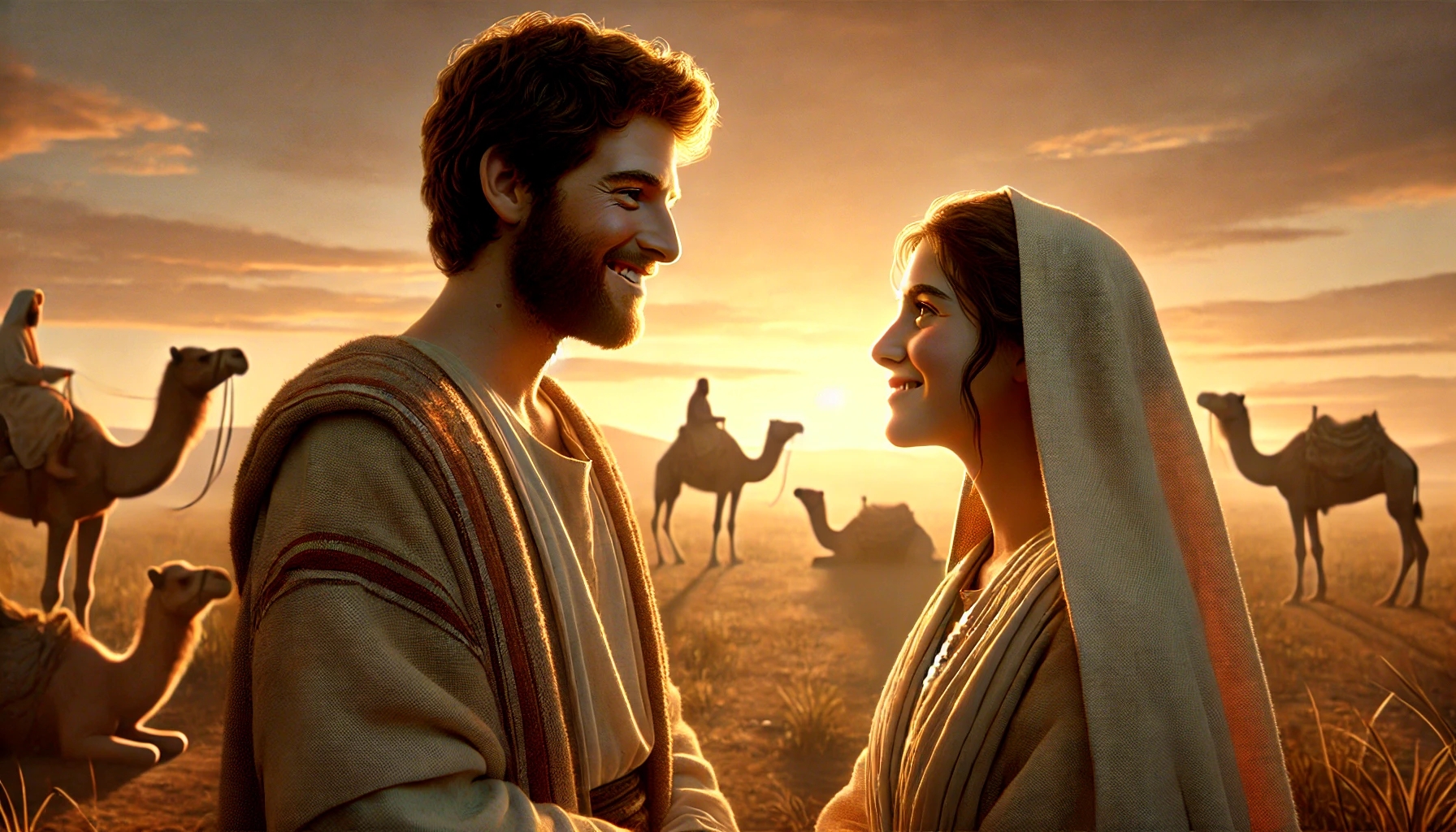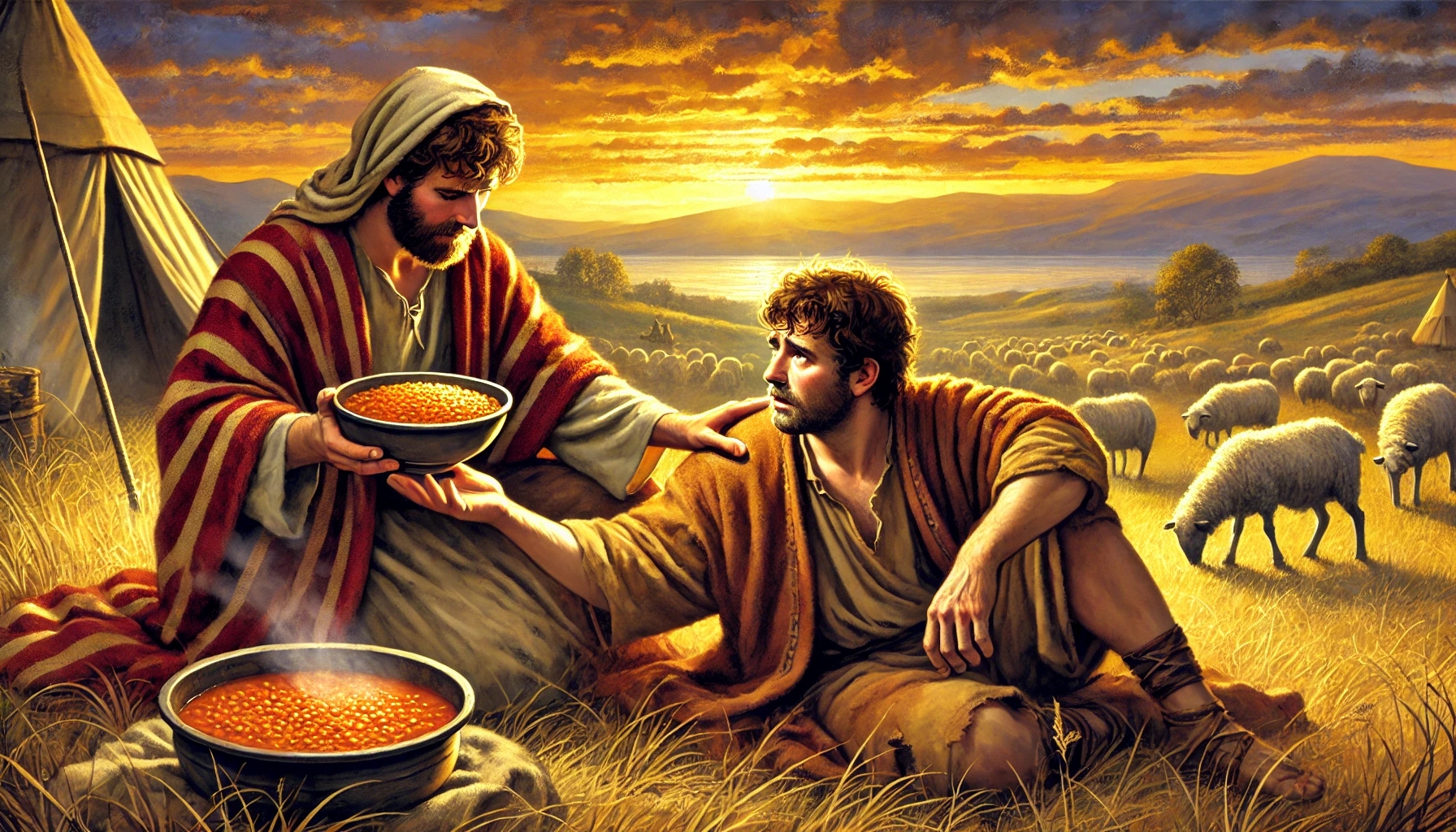 July 06, 2025
July 06, 2025
 Adventist News Network
Adventist News Network
 GCSession2025 – NSD (Northern Asia-Pacific Division)
GCSession2025 – NSD (Northern Asia-Pacific Division)
 About the Northern Asia-Pacific Division
About the Northern Asia-Pacific Division
 Countries: 8 different nations with diverse religious and cultural backgrounds
Countries: 8 different nations with diverse religious and cultural backgrounds Challenges & Opportunities: Cultural differences present obstacles but also great growth potential for the church
Challenges & Opportunities: Cultural differences present obstacles but also great growth potential for the church Baptisms in 2025: 250 new members thanks to the dedicated work in the region
Baptisms in 2025: 250 new members thanks to the dedicated work in the region Learn more: nsdadventist.org
Learn more: nsdadventist.org
 Stay tuned!
Stay tuned!
ANN brings you everything you need to know about what’s happening in the global church.


 Lesson 2: The Burning Bush
Lesson 2: The Burning Bush 2.2 The Angel of the Lord
2.2 The Angel of the Lord The Angel of the Lord – Jesus as the Divine Messenger of Deliverance
The Angel of the Lord – Jesus as the Divine Messenger of Deliverance Introduction
Introduction Bible Study: Exodus 3:2–12 – The Call from the Burning Bush
Bible Study: Exodus 3:2–12 – The Call from the Burning Bush Question 1: Read Exodus 3:7–12. How did God explain to Moses why He wanted to intervene on behalf of the Israelites enslaved in Egypt?
Question 1: Read Exodus 3:7–12. How did God explain to Moses why He wanted to intervene on behalf of the Israelites enslaved in Egypt? Application for Daily Life
Application for Daily Life Conclusion
Conclusion Thought of the Day
Thought of the Day Illustration – “The Call at the Edge of the City”
Illustration – “The Call at the Edge of the City” The Bush at the Subway Stop
The Bush at the Subway Stop The Mission
The Mission The Decision
The Decision July 7, 2025
July 7, 2025 DAILY BIBLE READING
DAILY BIBLE READING Exodus 32 – The Golden Calf – Between Apostasy and Intercession
Exodus 32 – The Golden Calf – Between Apostasy and Intercession God’s Jealousy, Moses’ Passion, and the Power of True Repentance
God’s Jealousy, Moses’ Passion, and the Power of True Repentance Introduction
Introduction Commentary
Commentary 1. The People’s Quick Apostasy (vv. 1–6)
1. The People’s Quick Apostasy (vv. 1–6) Here we see how easily human devotion can slip into idolatry when patience and trust are lacking.
Here we see how easily human devotion can slip into idolatry when patience and trust are lacking. Summary
Summary Message for Us Today
Message for Us Today Reflection Questions
Reflection Questions
 July 06 – 12, 2025
July 06 – 12, 2025 1. The Spiritual Significance of Marriage
1. The Spiritual Significance of Marriage Reflection Question
Reflection Question
 07.07.2025
07.07.2025 In Harmony with God’s Thinking
In Harmony with God’s Thinking Draw Near to God – and Discover How Your Life Changes
Draw Near to God – and Discover How Your Life Changes ────────────────
──────────────── Bible Text
Bible Text Introduction
Introduction Devotional
Devotional  Story – One Step Is Enough
Story – One Step Is Enough Thoughts – What Does This Mean for You?
Thoughts – What Does This Mean for You? Reflections for Today
Reflections for Today Prayer
Prayer
 July 05, 2025
July 05, 2025 Adventist News Network
Adventist News Network GCSession2025 Special Report – Day Three
GCSession2025 Special Report – Day Three Behind the Scenes
Behind the Scenes Erleben Sie die Teamarbeit und Technologie, die die GC Session ermöglichen.
Erleben Sie die Teamarbeit und Technologie, die die GC Session ermöglichen. Mission trotz Verbots
Mission trotz Verbots Einblicke, wie der Glaube dort vorankommt, wo Religion verboten ist.
Einblicke, wie der Glaube dort vorankommt, wo Religion verboten ist. Transformierende Ministerien
Transformierende Ministerien Gesundheitsministerium: Einfache, kraftvolle Gesundheitslösungen
Gesundheitsministerium: Einfache, kraftvolle Gesundheitslösungen Frauen- & Kinderministerien: Programme, die Gemeinschaften stärken
Frauen- & Kinderministerien: Programme, die Gemeinschaften stärken Stay tuned!
Stay tuned!